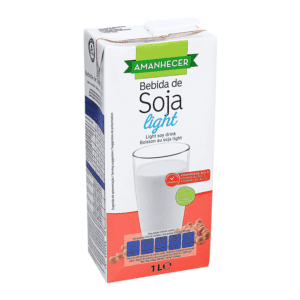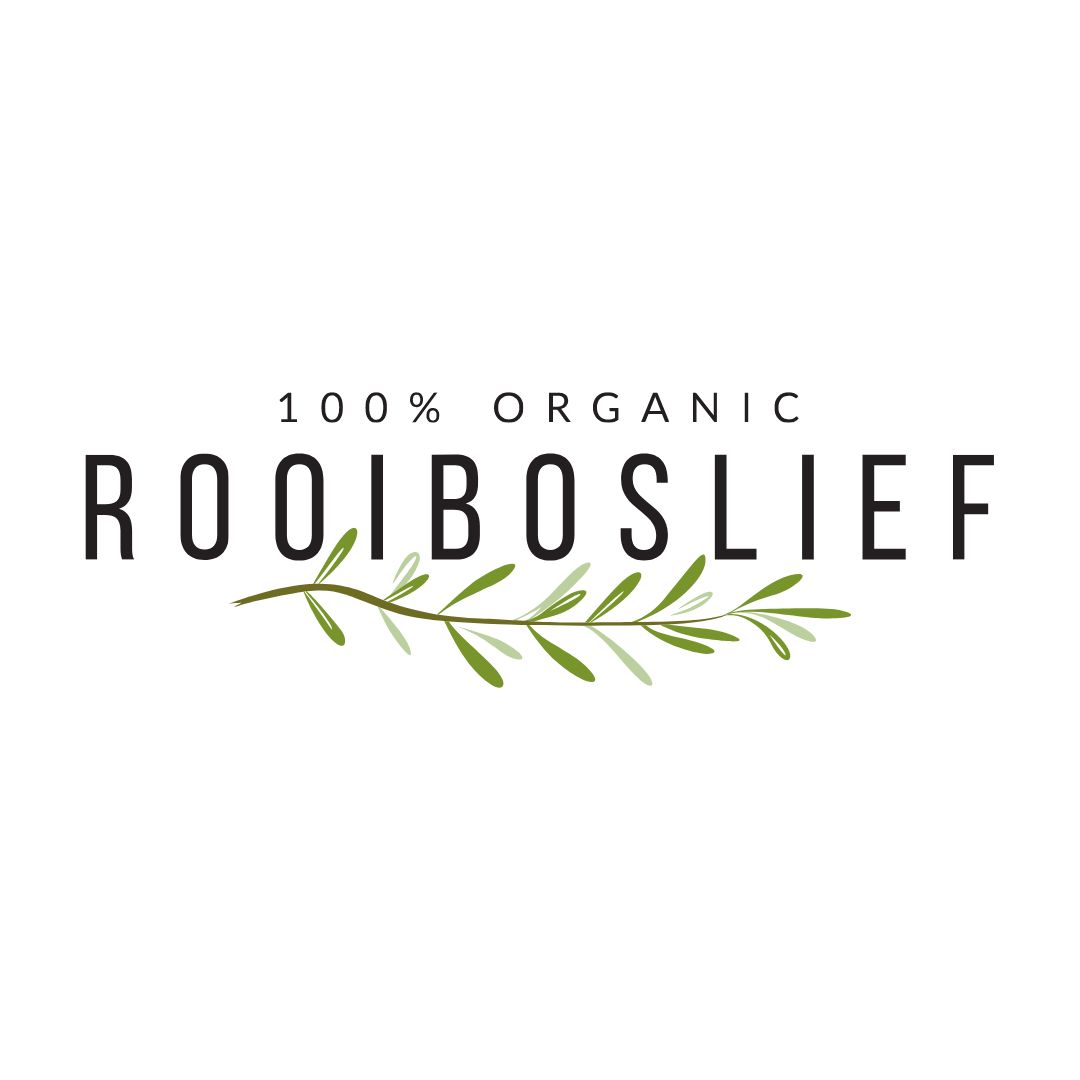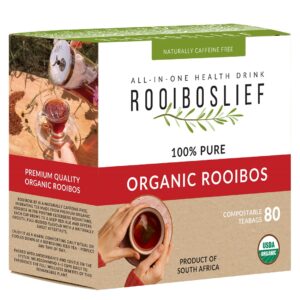
Top 10 Organic Food Producers Revolutionizing the Industry
The organic food market is no longer a niche segment; it has become a powerful force in the global food industry. Valued at $227 billion in 2023, the market is projected to grow at an impressive CAGR of 9.1%, reaching $432 billion by 2030.
This rapid expansion is driven by consumers prioritizing health, sustainability, and ethical practices, fueling a demand for products free from artificial additives, GMOs, and pesticides. The trend is further supported by growing awareness of environmental challenges and the role of organic farming in mitigating climate change.
Organic food producers have risen to meet these demands, leveraging innovations in farming, product development, and supply chain management to deliver high-quality offerings. From plant-based beverages to premium organic snacks, these companies are setting benchmarks for the future of food. Their efforts not only meet consumer preferences but also align with global sustainability goals, emphasizing regenerative agriculture, renewable energy, and waste reduction.
This article celebrates the Top 10 organic food producers who are redefining the global food industry. Platforms like uFoodin B2B Marketplace & Social Network play a pivotal role in connecting these innovators with distributors, retailers, and other stakeholders, ensuring their impact reaches a global scale.

1. Danone
- Headquarters: Paris, France
- Revenue (Organic Segment): Approx. $4 billion (2022)
- Why It Stands Out:
Danone leads the global organic food sector with brands like Horizon Organic, Activia, and Silk. The company is committed to regenerative agriculture, working with over 50,000 farmers to promote sustainable farming practices. - Key Innovations:
- Organic dairy products enriched with probiotics.
- Expansion into plant-based beverages and yogurts through the acquisition of WhiteWave Foods.
2. Amy’s Kitchen
- Headquarters: Petaluma, California, USA
- Revenue: Approx. $600 million (2022)
- Why It Stands Out:
Amy’s Kitchen is a pioneer in organic and vegetarian frozen meals. Its dedication to non-GMO and pesticide-free ingredients has set industry standards. - Key Innovations:
- Ready-to-eat meals catering to gluten-free and vegan consumers.
- Focus on sustainable packaging to reduce environmental impact.
3. General Mills
- Headquarters: Minneapolis, Minnesota, USA
- Revenue (Organic Segment): Approx. $1 billion (2022)
- Why It Stands Out:
General Mills has become a major player in the organic food market through its brand Annie’s Homegrown, which focuses on natural and organic products. - Key Innovations:
- Organic snacks, cereals, and pasta.
- Investments in regenerative agriculture and soil health initiatives.
4. Nature’s Path Foods
- Headquarters: Richmond, Canada
- Revenue: Approx. $300 million (2022)
- Why It Stands Out:
As one of the largest certified organic breakfast and snack producers in North America, Nature’s Path is committed to zero-waste operations. - Key Innovations:
- Organic granola, cereals, and snack bars.
- Compostable packaging for reducing plastic waste.
5. Hain Celestial Group
- Headquarters: Lake Success, New York, USA
- Revenue: Approx. $2.7 billion (2022)
- Why It Stands Out:
Hain Celestial’s brands, such as Earth’s Best and Imagine Foods, dominate the organic baby food and soup categories. - Key Innovations:
- Organic baby formula and snacks.
- Expansion into organic teas and plant-based soups.
6. Clif Bar & Company
- Headquarters: Emeryville, California, USA
- Revenue: Approx. $900 million (2022)
- Why It Stands Out:
Clif Bar leads the organic energy bar segment, sourcing 100% organic ingredients and emphasizing renewable energy initiatives. - Key Innovations:
- Organic protein bars for athletes.
- Carbon-neutral manufacturing processes.
7. Green & Black’s (Mondelez International)
- Headquarters: Chicago, Illinois, USA
- Revenue: Approx. $600 million (2022)
- Why It Stands Out:
Known for its luxury organic chocolates, Green & Black’s is a leader in ethical cocoa sourcing. - Key Innovations:
- Organic dark chocolate with innovative flavor profiles.
- Transparent supply chain practices.
8. Eden Foods
- Headquarters: Clinton, Michigan, USA
- Revenue: Approx. $100 million (2022)
- Why It Stands Out:
Eden Foods is a veteran in the organic food industry, offering a wide range of minimally processed products. - Key Innovations:
- BPA-free canned organic foods.
- Heritage grains and soy-based products.
9. Organic Valley
- Headquarters: La Farge, Wisconsin, USA
- Revenue: Approx. $1.2 billion (2022)
- Why It Stands Out:
Organic Valley is a farmer-owned cooperative that prioritizes sustainability and supports small organic farms. - Key Innovations:
- Grass-fed organic dairy products.
- Solar-powered dairy farms to reduce carbon emissions.
10. Ebro Foods
- Headquarters: Madrid, Spain
- Revenue: Approx. $3.6 billion (2022)
- Why It Stands Out:
Ebro Foods leads the organic rice and pasta market, focusing on biodiversity and sustainable farming practices. - Key Innovations:
- Organic rice and pasta products with minimal environmental impact.
- Investment in water conservation and renewable energy.

Key Trends Driving the Organic Food Market
- Health and Wellness as a Priority
Consumers prioritize products free from synthetic additives and GMOs, driving demand for functional organic foods like immunity-boosting and gut-health-friendly items. - Rise of Plant-Based Organic Products
The convergence of plant-based and organic trends is spurring innovation in dairy and meat alternatives. - Sustainability and Traceability
Consumers demand transparency. Brands investing in regenerative agriculture, eco-friendly packaging, and blockchain traceability gain a competitive edge. - E-commerce Growth
Online platforms dominate the organic market, offering global reach. uFoodin B2B Marketplace connects organic producers with distributors and retailers worldwide.
Next Challenges for the Organic Food Industry
While the organic food sector continues to expand, it faces several challenges that require innovative solutions and collaborative efforts:
1. Scaling Production Without Compromising Quality
- Challenge: As demand for organic products increases, scaling production while adhering to strict organic standards becomes a major hurdle.
- Impact: Maintaining soil fertility, avoiding synthetic inputs, and preventing cross-contamination with non-organic produce requires advanced techniques and vigilant oversight.
- Potential Solutions: Adoption of precision agriculture technologies and investment in training for organic farmers to optimize yields without compromising on quality.
2. Balancing Price with Accessibility
- Challenge: Organic products are often more expensive due to labor-intensive farming practices and lower yields compared to conventional farming.
- Impact: The higher cost of organic products limits their accessibility to middle- and low-income consumers.
- Potential Solutions: Government subsidies for organic farming, streamlined logistics, and collaborative supply chains can help reduce costs and make organic products more affordable.
3. Managing Supply Chain Complexity
- Challenge: The organic supply chain is complex, requiring stringent compliance with regulations, traceability, and certification standards across multiple regions.
- Impact: Small farmers and producers often face logistical and financial barriers in meeting these requirements.
- Potential Solutions: Platforms like uFoodin provide digital tools for supply chain optimization, enabling better coordination and transparency for organic food producers and distributors.
4. Adapting to Climate Change
- Challenge: Organic farming is highly dependent on stable environmental conditions. Droughts, floods, and temperature fluctuations caused by climate change threaten crop yields and biodiversity.
- Impact: Disruptions in supply can lead to price volatility and reduced availability of organic products.
- Potential Solutions: Investing in climate-resilient crops, regenerative agricultural practices, and water conservation technologies can mitigate these risks.
5. Combating Greenwashing
- Challenge: As the popularity of organic products grows, so does the misuse of terms like “organic” and “natural,” leading to consumer skepticism.
- Impact: Greenwashing undermines trust in organic certifications and brands.
- Potential Solutions: Stricter enforcement of certification standards, third-party audits, and blockchain technology for traceability can enhance consumer confidence.
6. Expanding Market Reach
- Challenge: Despite its growth, the organic market remains concentrated in developed regions like North America and Europe. Expanding to emerging markets with different regulatory landscapes and consumer behaviors presents unique challenges.
- Impact: Limited awareness and distribution networks in these regions hinder organic adoption.
- Potential Solutions: Platforms like uFoodin enable producers to connect with distributors in emerging markets, breaking down geographical and logistical barriers.
The organic food industry stands at a pivotal moment, balancing enormous growth potential with pressing challenges. Leading companies and platforms like uFoodin are vital to navigating these hurdles, fostering collaboration, and driving innovation. As the market continues to grow, overcoming these challenges will be key to ensuring that organic products remain synonymous with quality, sustainability, and accessibility.
By addressing scalability, affordability, supply chain complexity, and climate resilience, the organic food industry can maintain its upward trajectory and secure its place as a cornerstone of the global food ecosystem. Whether through advanced technologies, collaborative platforms, or consumer education, the path forward promises to be both challenging and transformative.
uFoodin Editorial Team
Bibliography
- Statista: Organic Food Market Overview
- Fortune Business Insights: Global Organic Food Trends
- Company Reports: Danone, General Mills, Clif Bar, Organic Valley
- Speciality Food Association Insights
- uFoodin Official Website























